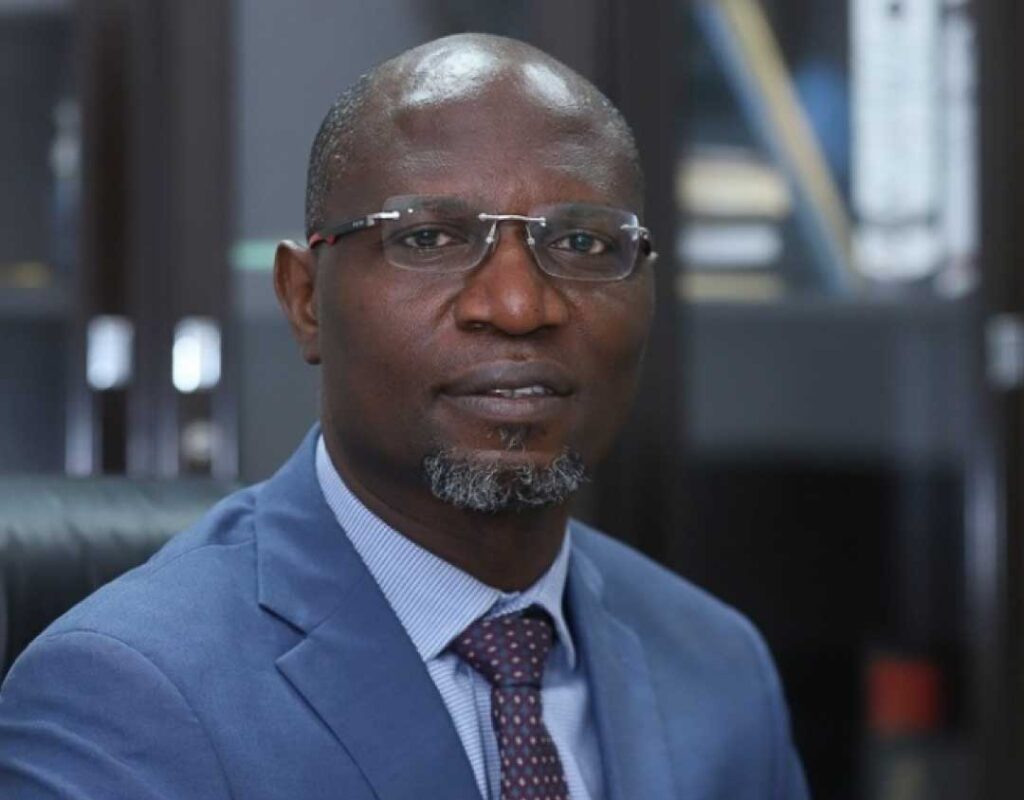The Nigerian Association of Chambers of Commerce, Industry, Mines, and Agriculture (NACCIMA) has raised alarm over the far-reaching implications of the United States’ newly imposed 14 per cent tariff on Nigerian exports, warning that the measure could significantly reduce foreign exchange (FX) inflows and destabilize key sectors of the Nigerian economy.
Speaking at forum in Lagos, NACCIMA President, Dele Kelvin Oye, described the tariff hike, announced under President Donald Trump’s administration, as a major threat to Nigeria’s economic stability and trade competitiveness.
He emphasized that the development could lead to reduced demand for critical Nigerian exports, including crude oil, liquefied natural gas, and agricultural commodities sectors that serve as major sources of the country’s FX earnings.
“The ripple effects of reduced demand could precipitate job losses, economic instability, and a decline in vital foreign exchange inflows, particularly for our non-oil sectors,” Oye warned.
Oye also expressed concern that the tariff policy marks a departure from cooperative, rules-based global trade practices under the World Trade Organization (WTO), and signals a shift toward more unilateral and protectionist measures.
He noted that such a move disrupts established global supply chains and undermines Nigeria’s competitive position in international trade.
“This transformation not only disrupts global markets and supply chains but poses an acute threat to our competitive standing in international trade,” he said.
Beyond the immediate effects of the tariff, Oye highlighted broader economic concerns stemming from evolving U.S. foreign policy.
He cited the recent $51m cut from the United States Development Fund, which has traditionally supported entrepreneurship and innovation across several African nations, including Nigeria and Kenya.
According to him, the reduction in funding threatens the viability of small and medium-sized enterprises (SMEs), which rely heavily on such grants to access capital, drive innovation, and expand their operations.
“The grants previously allotted to our SMEs are critical for nurturing innovation and entrepreneurship within our local economies,” Oye said, lamenting that many Nigerian SMEs now face added hurdles in scaling their businesses.
Despite these challenges, the NACCIMA president struck a hopeful tone, calling on Nigerian policymakers and business leaders to seize the opportunity to deepen regional trade ties under the African Continental Free Trade Area (AfCFTA).
He advocated for enhanced intra-African trade and stronger regional value chains as a buffer against global trade shocks.
“Together, we can create a more integrated and prosperous African market,” he said, while urging the government to expand trade partnerships beyond traditional markets like the United States.
In his view, Nigeria must diversify its trade relations by engaging more deeply with emerging economies such as China, India, and Brazil.
He also emphasized the need for strategic investment in transport and logistics infrastructure, which he described as critical to improving market access, reducing trade costs, and attracting foreign direct investment (FDI).
Furthermore, Oye called for increased investment in human capital through vocational education and workforce development, stressing that Nigeria’s greatest asset lies in its people.
“We must emphasize vocational training and education to cultivate a skilled workforce ready to meet the demands of future industries,” he said.
As global trade dynamics continue to shift, NACCIMA’s message to stakeholders is clear: Nigeria must rethink its export strategy, invest in resilience, and position itself to navigate an increasingly complex international economic environment.





